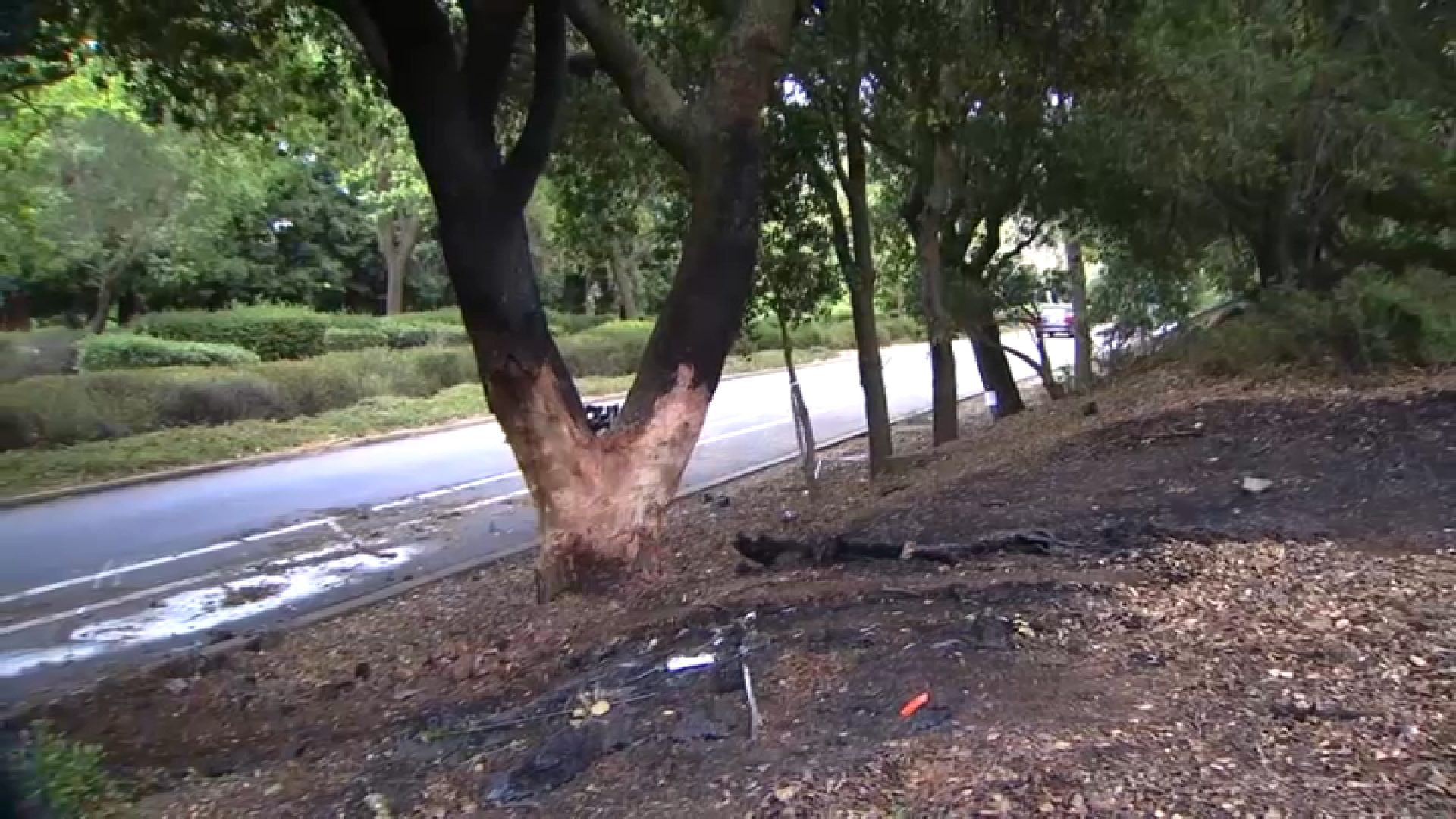With California now in a drought, Bay Area counties are getting a better understanding of their water supply and what they’ll need from residents.
The East Bay Municipal Utility District (East Bay Mud) said Tuesday that it’s time to start rationing, asking every customer to cut water use by 10% right now.
The utility said this is the second driest year they’ve ever recorded and officials said that places us in a stage one drought.
“Overall we’re at 54% of average with no precipitation in sight,” said officials, talking about the Sierra Snowpack being nowhere near where it should be.
Get a weekly recap of the latest San Francisco Bay Area housing news. Sign up for NBC Bay Area’s Housing Deconstructed newsletter.
“What is normal is 48 inches of precipitation a year in the Mokelumne Watershed, we have 24 inches to date,” she Andrea Pook of East Bay Mud.
A stage one drought means customers need to start scaling back. It's asking folks to voluntarily reduce consumption by 10 %, urging customers to fix leaks, keep showers short, and invest in water efficient appliances.
Local
“Every action counts, everything our customers do helps our whole community make it through this year,” said Pook.
Steve Tesslar says the last big drought prompted him and his wife to make changes to their landscaping. It’s been a work in progress for the last several years.
“We all need to do our fair share,” he said. “We had a lawn and we removed the lawn and replaced it with succulents and other drought tolerant landscape.”
Customers say they’ve been through the drought drill before and are ready to ration to prevent things from getting worse.
Valley Water in the South Bay, which has asked residents to voluntarily use 20% less water since 2017, upped it to 25% Tuesday.
They also announced it’ll pay homeowners to replace lawns with drought friendly landscapes from $1 dollar per square foot, to $2.
“If you have room for improvement, take that action now,” said Matt Keller, Valley Water spokesperson. “This is the time to do it, don’t wait until we’re in the middle of this drought. And who knows, we don’t know how long these droughts are going to last.”
Groundwater levels are still normal in the South Bay for now, but one challenge Valley Water is facing is not having its largest reservoir available. It’s been drained so the Anderson Dam can undergo a 10-year earthquake retrofit. That water went into the groundwater supply, but they’re having to make up for it through emergency purchases – from outside the county.
Sonoma County proclaimed a drought emergency Tuesday and requested the governor seek a presidential disaster declaration which would open the possibility of federal assistance.
Governor Gavin Newsom proclaimed a state of emergency in Sonoma and Mendicino counties, visiting low Lake Mendocino last week.
“I think it’s important for everybody to do a little extra so maybe we won’t have such a bad drought,” said resident Mio Good.



